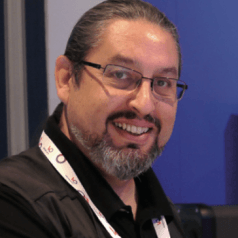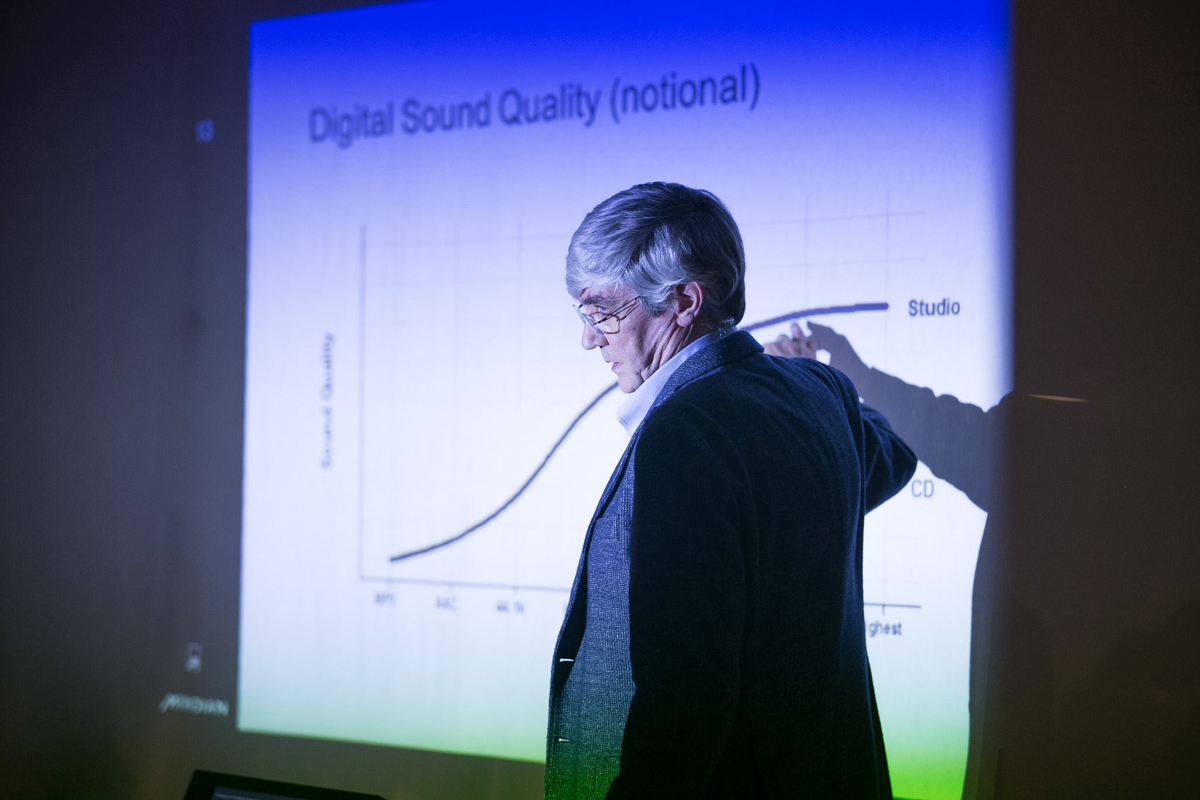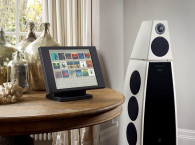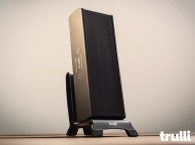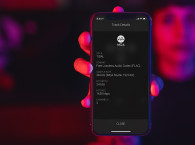It's always an interesting experience to research tech history and contrast what was said before and during product announcements with what happened afterward. Of course, I don't mean the torrent of "crap-gadgets" appearing at every show and exciting the blogosphere at the Consumer Electronics Show (CES) - like the "intelligent fork" or the Samsung smart fridges.
These days, if we really want to see amusing and completely "out-of-the-box" ideas, we just have to visit crowdfunding websites, where people are able to vote in innovation with their own money. There, no idea is too crazy, and they actually have a much better chance of reaching the market.
I'm talking about the serious tech announcements, those things that actually make us feel like the world is getting better.
I personally remember the amazing Panasonic 4K 20" tablet, announced in 2012 and which I had in my hands in 2013. This extraordinary concept should be selling by the millions in 2015, and yet it was little more than a proof of concept, without any actual marketing strategy. That's frustrating.
It's not just about launching another disruptive product. In audio, or any other industry, innovation needs to be supported with clear go-to-market strategies.
Among many great audio products and technologies that deserve an opportunity, we should mention Prescient Audio's ThinDriver, honored at the International CES Innovations 2014 Design and Engineering Awards - "the thinnest and lightest 12" subwoofer available on the market." Prescient Audio drivers took three years to perfect, they where introduced at the CES 2014, and again received recognition (four CES Innovation awards) at the CES 2015. But nothing happened...

Another mention from the 2015 NAMM Show should be the revolutionary Phasx Technologies desktop monitors. Lots of clever technology in those products, many patents, and certainly a big potential for the concept - totally aligned with the current way of working in music. Bill Moseley and James Tuomy have certainly showed they have achieved something new and practical, but they also need a really solid marketing plan.
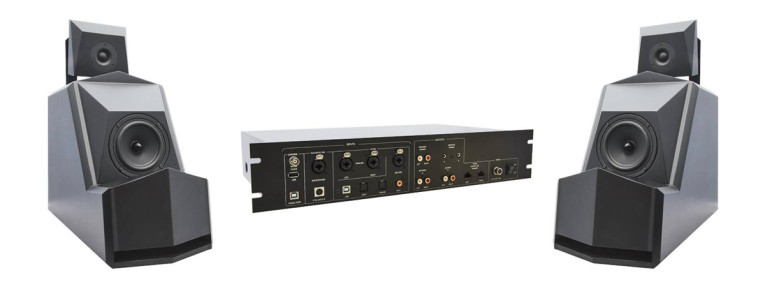
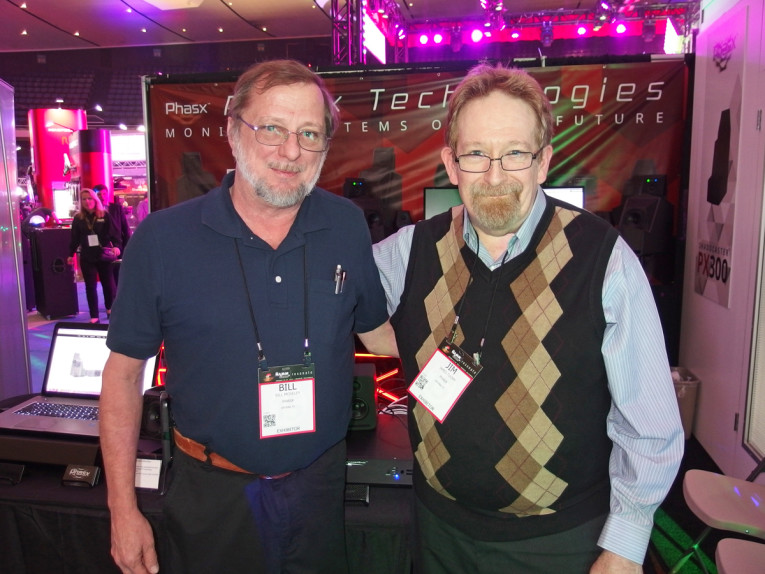
Sometimes it takes time to reach the market and unexpected engineering issues don't work in tandem with the marketing plan after the big product reveal - but the worst thing possible is to lose the momentum after all the awards and positive press.
But among those technology stories we cover every year, there are those we so much wish they succeed that we almost end up losing objectivity because "We want one." And that's certainly the case with the Meridian announcement of its Master Quality Authenticated (MQA) technology.

The great news, following the CES 2015 introduction, is that Meridian has confirmed that, for the first time ever, MQA was streamed to an MQA-enabled Meridian sound system via TIDAL, the hi-fi music streaming service. The experience held at TIDAL's HQ in Oslo, Norway, confirms everyone's expectations that music streaming services will be able to offer high-quality audio in a practical way, within the bandwidth restrictions - no longer limited to highly compressed formats. That's certainly great news!


